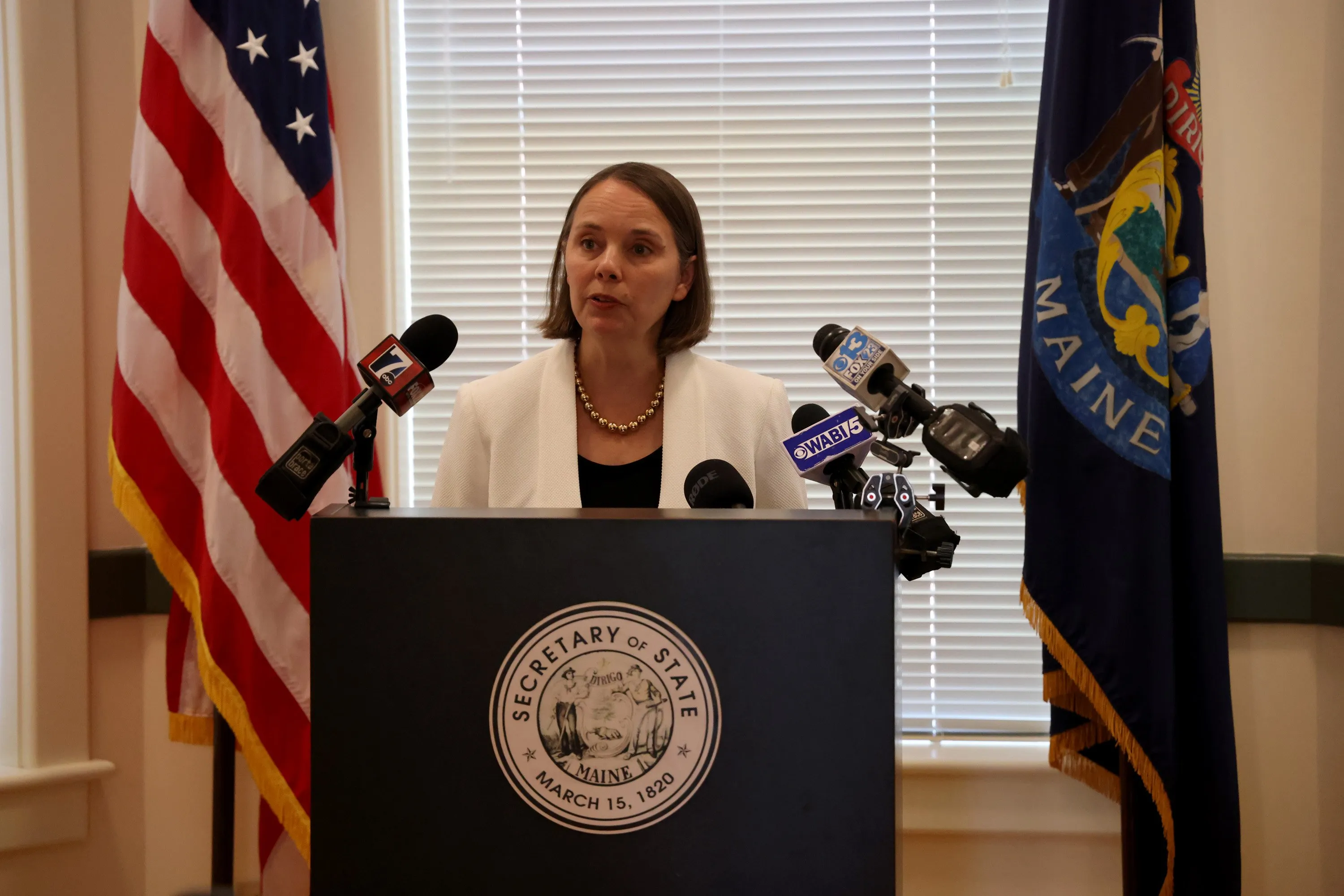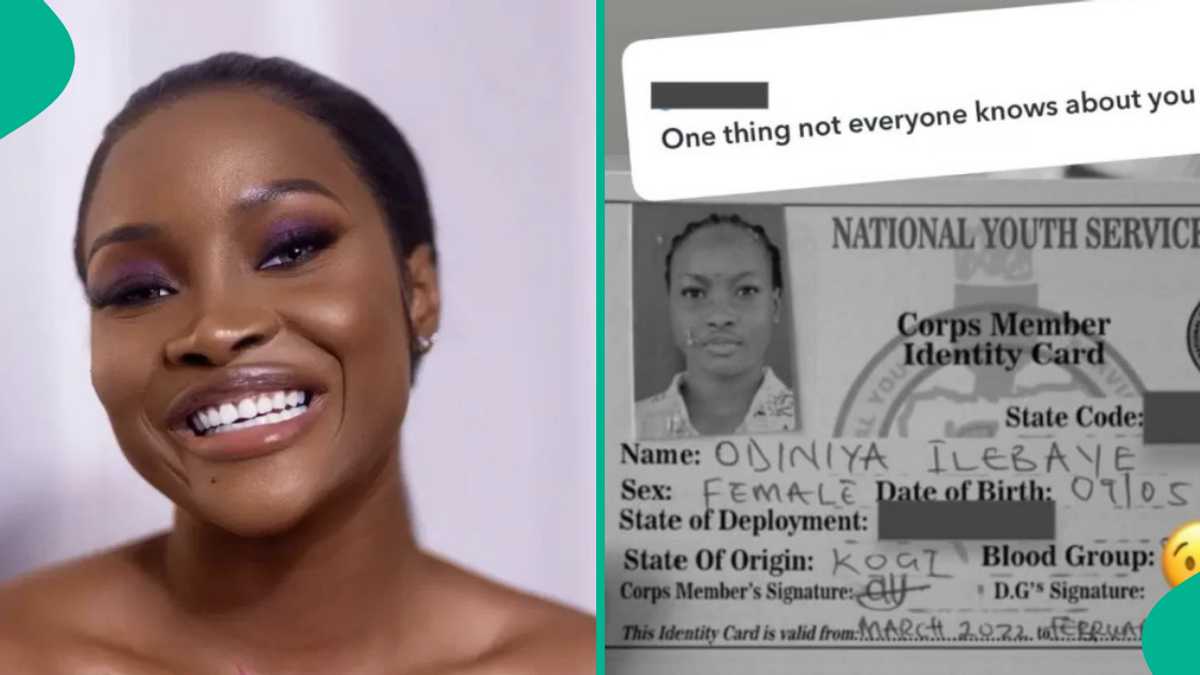By Drew Johnson
Copyright centralmaine

The U.S. Department of Justice is suing Maine and its secretary of state for failing to provide voter registration lists, which include personal information such as names, birth dates and partial Social Security numbers, that it has demanded twice in recent months.
The lawsuit alleges that the state and Secretary Shenna Bellows violated several federal laws “by refusing to provide data regarding the removal of ineligible individuals and to produce an unredacted, computerized state voter registration list,” a Tuesday evening news release from the DOJ states.
Bellows has twice denied the DOJ’s request for the information — which also includes names of local election officials and voter registration applications — most recently in a letter on Sept. 8.
Oregon is also being sued for its failure to abide by similar requests, the DOJ announced Tuesday.
“States simply cannot pick and choose which federal laws they will comply with, including our voting laws, which ensure that all American citizens have equal access to the ballot in federal elections,” U.S. Assistant Attorney General Harmeet Dhillon said in a written statement. “American citizens have a right to feel confident in the integrity of our electoral process, and the refusal of certain states to protect their citizens against vote dilution will result in legal consequences.”
In an email statement Tuesday evening, Bellows noted Maine is not the only state “fighting back” against this directive.
“Maine has some of the best elections in the nation,” Bellows said. “It is absurd that the Department of Justice is targeting our state when Republican and Democratic Secretaries all across the country are fighting back against this federal abuse of power just like we are.”
In its initial request for the information in July, the DOJ asserted that Maine had roughly 11,000 voters with duplicate registrations, and that the purpose of its request was to ensure ineligible voters are removed.
The Maine Republican Party has previously claimed widespread voter fraud across the state, but a subsequent investigation by Bellows’ office in July found those claims were baseless.
Bellows told the DOJ to “Go jump in the Gulf of Maine” during a July news conference in response to the department’s original request.
“The DOJ doesn’t get to know everything about you just because they want to,” she said.
Bellows had said that by releasing the information, she would be violating the federal Privacy Act of 1974.
In a letter dated Aug. 18 responding to Bellows’ initial denial, Dhillon, the assistant attorney general, requested the information again.
“All data received from you will be kept securely and treated consistently with the Privacy Act,” Dhillon wrote in the renewed request. “Maine’s privacy laws, to the extent they are inconsistent with federal law, are preempted.”
In her letter on Sept. 8 rejecting the DOJ’s second request, Bellows emphasized she is still concerned about the sensitive information of more than 1 million Maine voters that would be disclosed by releasing the registration rolls. She again claimed doing so would violate the Privacy Act and other laws.
The Maine GOP has criticized Bellows’ refusal to cooperate, claiming it violates the National Voter Registration Act. The Republican National Committee formally requested earlier this month that the DOJ investigate Bellows and whether her refusals violated the law.



